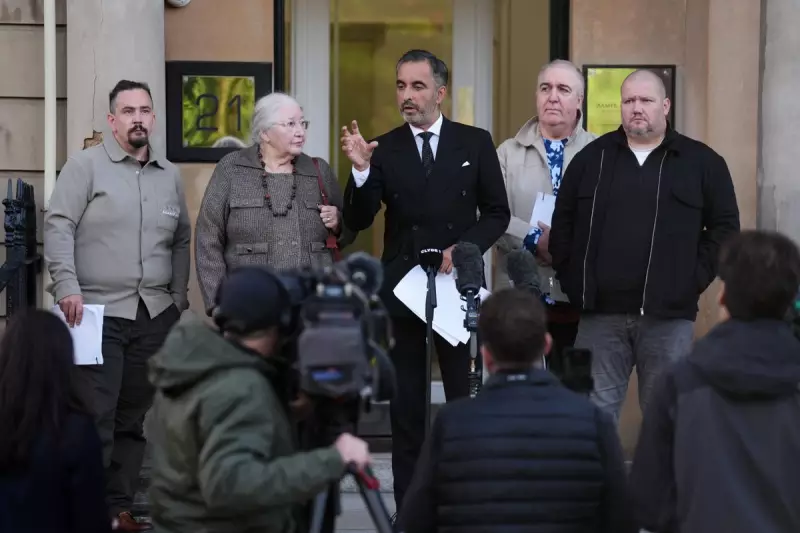
The Scottish Government is embroiled in a significant constitutional confrontation with Westminster, refusing to disclose its internal legal advice concerning the blocked Gender Recognition Reform Bill. This development follows UK Scottish Secretary Alister Jack's unprecedented use of a Section 35 order to prevent the legislation from receiving royal assent.
Unprecedented Constitutional Move
Mr Jack made history by deploying Section 35 of the Scotland Act 1998 for the first time, arguing the bill would have "adverse effects" on UK-wide equality legislation. The controversial decision has sparked intense debate about devolution settlements and the limits of Scottish parliamentary power.
Mounting Pressure for Transparency
During tense exchanges at the Scottish Affairs Committee, Mr Jack faced rigorous questioning about the UK government's intervention. He maintained that the Scottish Government's legal advice should remain confidential, stating: "It is a long-standing convention that legal advice is not published."
Committee members expressed frustration, with SNP MP Owen Thompson noting the unusual nature of the situation and pressing for greater transparency regarding the legal justification for the Section 35 order.
Defending the Decision
The Scottish Secretary stood firm in his defence of the intervention, describing it as "necessary and correct." He emphasised that the decision was not taken lightly and followed careful consideration of the potential impacts on existing UK equality frameworks.
Political Fallout Continues
The standoff represents one of the most serious constitutional clashes between Edinburgh and London in recent years. First Minister Nicola Sturgeon has condemned the UK government's actions as a "full-frontal attack" on the Scottish Parliament, setting the stage for potential legal challenges and further political confrontation.
As both governments dig in their heels, the controversy raises fundamental questions about the future of devolution and the relationship between Westminster and the devolved administrations.





